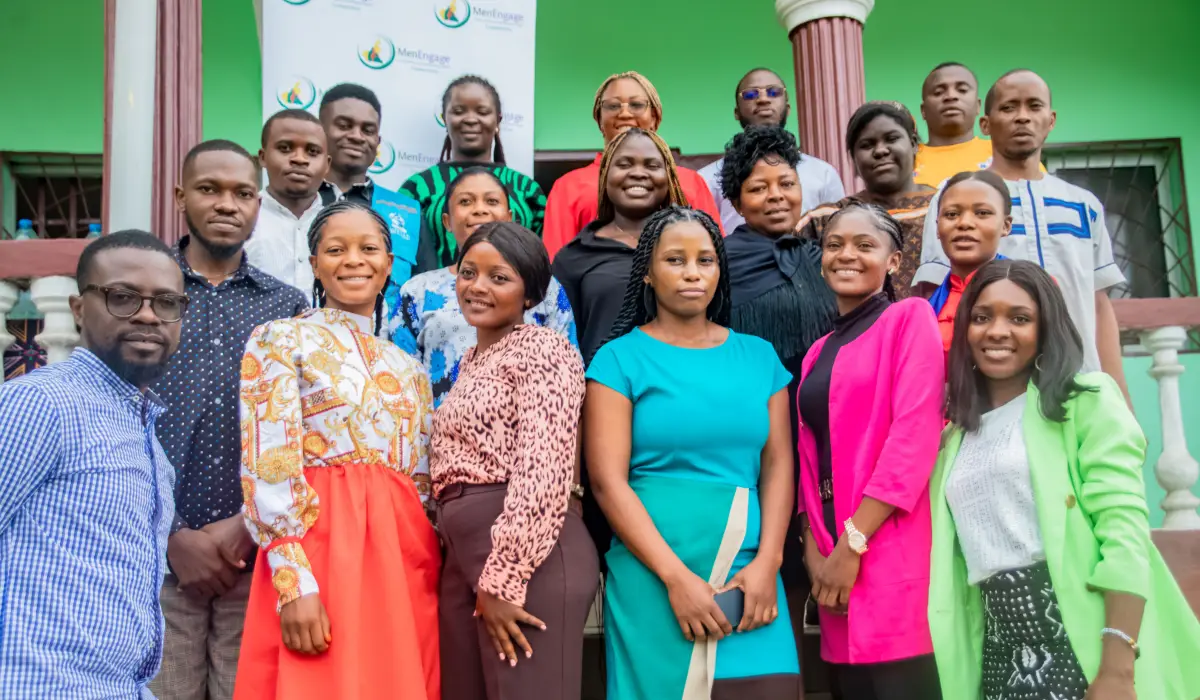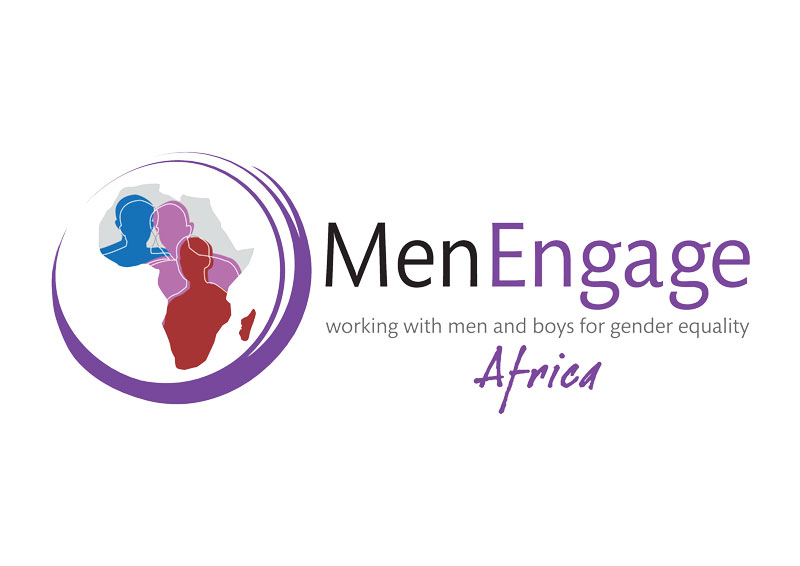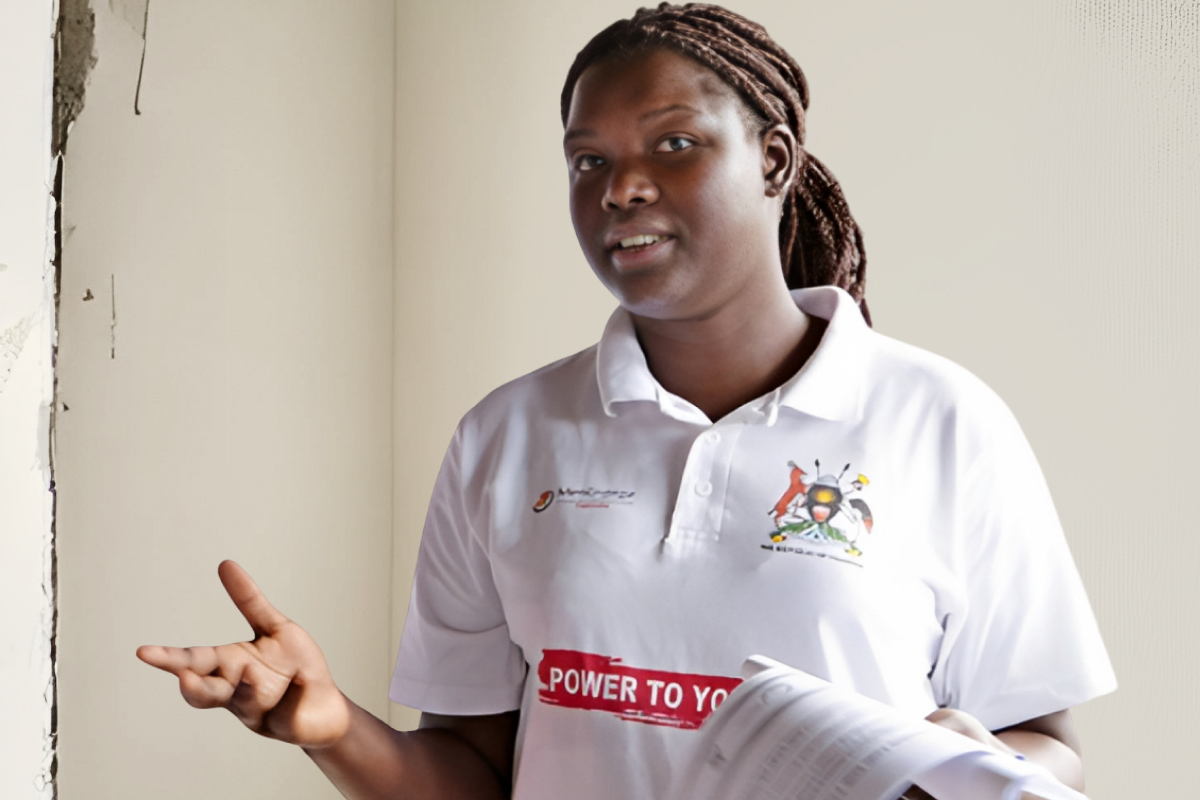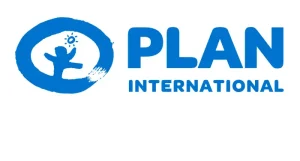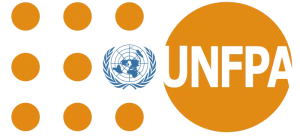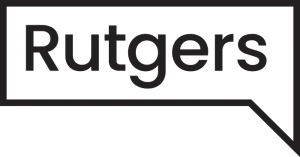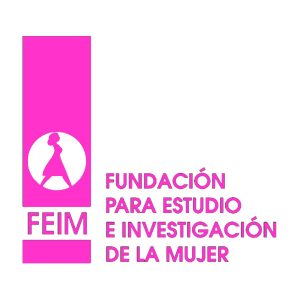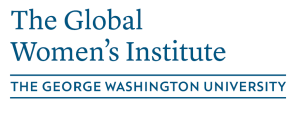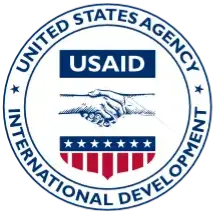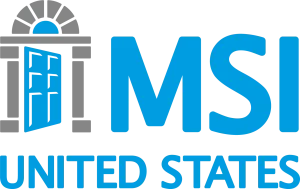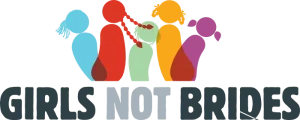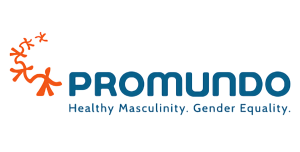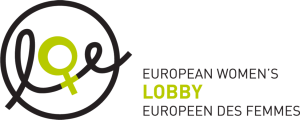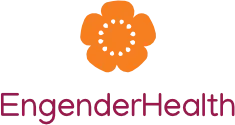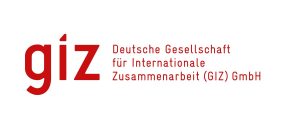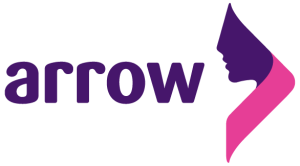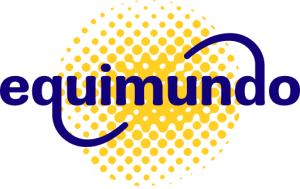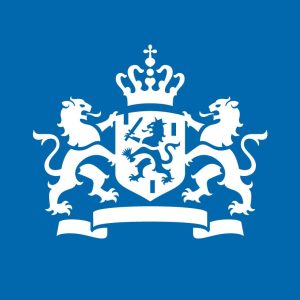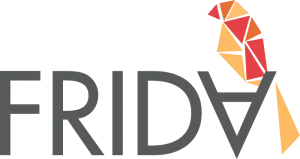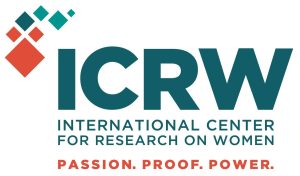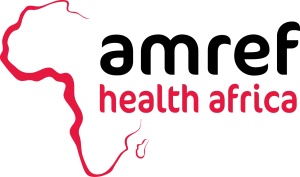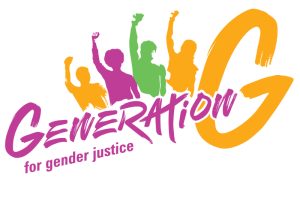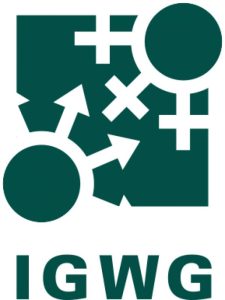Welcome to the
Gender Transformative Approaches
in SRHR
Resource Hub
Gender Transformative Approaches (GTA) are strategies that go beyond a focus on individual change for women, girls, and marginalized groups and aim to transform unequal relations that reinforce gendered inequalities.
In order to replace unhealthy norms with redefined healthier ones, GTAs try to address the misalignment between people’s individual attitudes and their actions and behaviours and attitudes.
- Case Studies
Read up on the lastest GTA in SRHR studies from around the world
Click on countries to view case studies
- Resources
Download case studies, toolkits, manuals and resources
Stepping Stones and Creating Futures: Reducing Violence Against Women in Informal Settlements in South Africa
Video
WhatWorks
Background Paper Series: UNICEF Gender Policy and Action Plan 2022 – 2025: Gender Transformative Programming
Definitions of GTAs
Marcus, R, Samuels, F, Jala, S, and Belachew, H.
Being intentional about gender-transformative strategies: Reflections and lessons for UNICEF’s Gender Policy and Action Plan (2022 – 2025). A compendium of papers
Report
UNICEF
A MenEngage Africa Toolkit for Engaging Men and Boys to Advocate for the Elimination of Female Genital Mutilation
Toolkit
Sonke Gender Justice and Men Engage Africa
MenEngage – Engaging Men and Boys to Address Gender Equality. Training Manual
Training Manual
Sonke Gender Justice, Swedish International Development Corporation Agency (SIDA Zambia), and MenEngage Africa
- Our Blog


